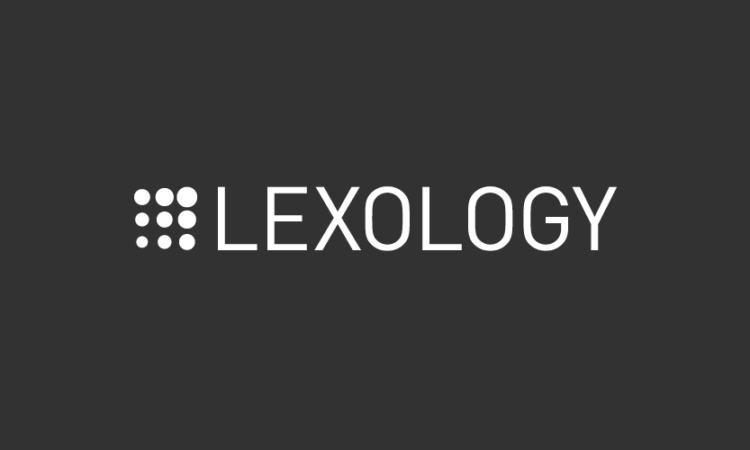
Our first, second and third articles to date in this series have considered how the Irish courts have dealt with the increase in cryptocurrency related matters, both in the civil and criminal spheres.
In this final article in the series, we will look at recent developments internationally in respect of cryptocurrency and how they may influence the position in Ireland in the future.
SEC Takes Action
On 05 June this year, the US Securities and Exchange Commission (SEC) commenced proceedings against Binance Holdings Limited (Binance), the operator of the world’s largest crypto asset exchange, Binance.com, along with affiliated entities and Binance founder, Changpeng Zhao. The following day charges were brought by the SEC against Coinbase Inc (Coinbase), the operator of a cryptocurrency exchange platform, and its holding company, Coinbase Global Inc.
The SEC alleges that Binance trading platforms have been providing securities exchange, brokerage and clearing agency services without the necessary registration and licences. The SEC also alleges that founder, Changpeng Zhao, is personally liable for certain violations as a control person of Binance.
It is further alleged that Binance.us customers and equity investors were misled as to the existence and adequacy of market surveillance and controls to detect and prevent manipulative trading on the platform. The SEC referred to an “extensive web of deception”.
The following day, in a further court filing, certain reliefs were sought by the SEC against Binance, including a temporary restraining order freezing its assets.
In its claim against Coinbase, the SEC alleges that its crypto-asset trading platform operates as a securities exchange, broker and clearing agency without having registered with the SEC as required by law. It is also alleged by the SEC that Coinbase made billions of dollars unlawfully facilitating the buying and selling of crypto-asset securities and has been engaging in unregistered securities offerings.
Coinbase has its own pending action against the SEC in which it petitioned for the SEC to propose new rules governing the offer, sale and registration and trading of digital asset securities.
FTX Collapse
These SEC filings follow on foot of the recent collapse of FTX, a cryptocurrency exchange firm, once valued at $32 billion. It announced in November 2022 that it had filed for bankruptcy, as a result of major difficulties which it had encountered, including concerns surrounding a token called FTT that had prompted a run on the exchange as customers sought to withdraw their funds. Further, it is alleged that FTX customer funds were misappropriated to pay the debts of another entity owned by founder, Sam Bankman-Fried called Alamenda Research.
Criminal charges have been brought against Mr Bankman-Fried, which are denied. The company has claimed that $323 million has been hacked from its international exchange and $90 million from its US platform since the firm filed for bankruptcy.
EU MiCA Regulation
The Markets in Crypto-Assets Regulation (MiCA) was formally adopted by the Council of the EU on 16 May 2023. It aims to create a harmonised regulatory framework, which provides for the licensing and supervision of cryptocurrency issuers and certain digital assets/financial products. New rules will be established for crypto-assets including Asset-Referenced Tokens (ARTs) and E-Money Tokens (EMTs). In Ireland, issuers of ARTs and EMTs will be required to be authorised by the Central Bank of Ireland, to publish a white paper containing information for investors and to hold specified liquid reserves.
Crypto Asset Service Providers (CASPs) will require authorisation to operate within the EU, including for the operation of a trading platform, custody and administration of crypto-assets on behalf of third parties, the exchange of crypto-assets and other service provider functions.
It is understood that the European Supervisory Authorities (ESA) are preparing explanatory texts that will provide greater detail on the key obligations for firms operating within the MiCA framework.
Extension of EU ‘Travel Rule’
The so-called EU “travel rule”, which already exists in respect of traditional finance, is being extended to cover transfers of crypto-assets, with the aim of increasing transparency of cryptocurrency transactions. The rules require that information on the source of the asset and its beneficiary travels with the transaction and is stored on both sides of the transfer.
The legislation is part of the EU anti money laundering provisions, and it will enable crypto transfers to be traced and suspicious transactions blocked, bringing crypto-assets in line with traditional financial products in this area.
The legislation, namely the Regulation on Information Accompanying Transfers of Funds and Certain Crypto-Assets (2021/0241 COD) has now been signed by the European Parliament and Council of the EU.
World Economic Forum White Paper
A World Economic Forum White Paper on Global Crypto-Asset Regulation, published in May 2023, sets out a number of recommendations for international standard setting bodies and governments, national regulatory authorities and for the industry itself. These recommendations focus on areas including harmonised understanding and standard setting in respect of crypto-assets, setting out best practice and baselined standards, regulatory certainty, cross sector coordination and responsible technology innovation.
Conclusion
An overarching issue in this sphere is how to operate in an area that is constantly evolving. While the recent events detailed in this article represent significant developments in the area of crypto-assets, it is clear further adjustments lie ahead.
Coordination of regulatory frameworks across jurisdictions has been identified internationally as a key priority and in this regard, the legislative progress made in respect of MiCA is particularly welcome in Ireland. However, developments in the USA involving the proceedings issued by the SEC highlight the changing nature of the landscape and given the cross-border nature of crypto-assets, these developments are all of significance to the future approach to be adopted by the Irish courts.






